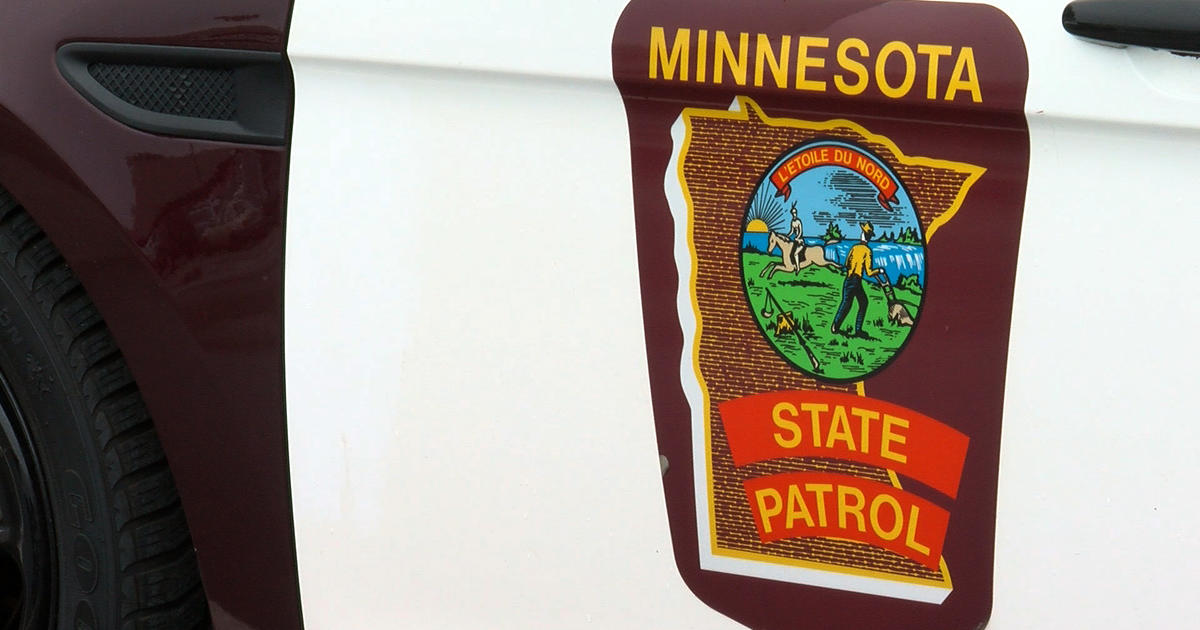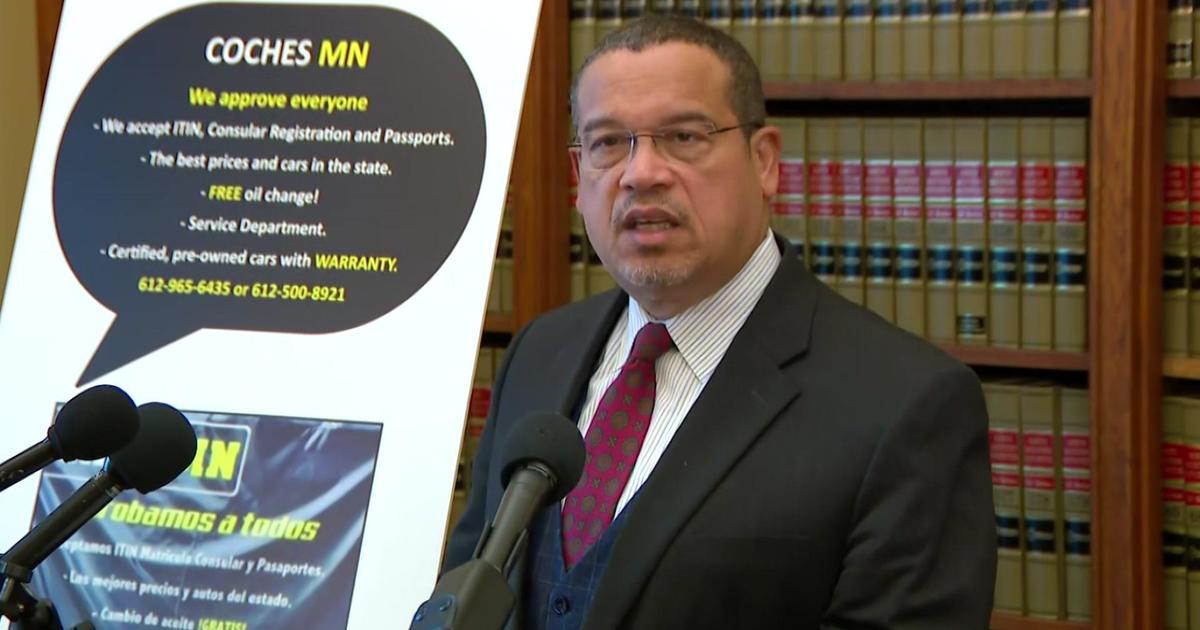What's Done, What's Left To Do In Minnesota Session
ST. PAUL, Minn. (AP) -- Minnesota lawmakers have been meeting in St. Paul for just over two months, and are likely to wrap up the 2012 session in a month or less. Though legislators are nearly done, there's not a lot of final product to show: Democratic Gov. Mark Dayton has signed a handful of mostly minor bills, vetoed a few other Republican initiatives, and the Democratic governor and Republican legislative majorities have spent little time marking out any shared priorities. Here's a rundown of what's happened so far:
STADIUM: The Minnesota Vikings and their allies, including Dayton, are pushing a $975 million public-private partnership to build a new football stadium at the Metrodome site in downtown Minneapolis. But stadium supporters have struggled to gather momentum, with the biggest current hurdle in the form of charitable gambling operators whose tax revenue would pay the state's $398 million share. So far, the stadium bill has been heard in a single Senate committee -- it was tabled before the committee could vote, over concerns it would fail -- and has yet to get a House hearing.
VOTING: Republicans are closing to setting a statewide vote this fall on whether the state Constitution should require all Minnesotans have a photo ID at the polls in order to cast a ballot. Dayton vetoed a bill to that effect last year, leading Republicans to circumvent the governor by taking the amendment directly to the ballot. Republicans say the requirement would uphold election integrity and prevent voter fraud. Democrats have argued against the amendment, saying it would disenfranchise certain voters --the poor, disabled, elderly and students-- without proper IDs or the resources to get them. The House and Senate have passed the amendment; it's now in conference committee and likely to get final votes soon.
BONDING: Dayton has proposed $775 million in construction projects, from campus building renovations to road and bridge upgrades to civic center expansions in Rochester, Mankato and St. Cloud. The governor has sold it as a jobs bill, promising 20,000 new jobs mostly in the construction field. Senate and House Republicans have introduced their own more modest proposals. Senate Republicans have a $494 million proposal, while the House has two bills: $280 million in projects statewide and another $220 million to renovate the aging State Capitol. The final size and contents of the bonding bill is likely to be one of the last issues decided in the legislative session.
JOBS: Both Dayton and Republican leaders have called improving the state's jobs climate the top priority of the session, but they've differed over the best approach. Dayton wants to give Minnesota business owners a $3,000 tax credit each time they hire an unemployed Minnesota resident, a military veteran or a recent college graduate. He said it's a way to directly incentivize job growth, but Republicans have not signed on to that approach, instead preferring a reduction and eventual elimination of a property tax that the state levies on all Minnesota businesses. The House and Senate have different approaches on the business tax cut, which is likely to end up in a conference committee.
BUDGET: After last year's Herculean struggle to erase a massive budget deficit, Minnesota lawmakers have a modest cushion to work with this time. But a surplus won't cure all ills, and that's one reason the status quo could prevail. Dayton wants to buy back some of last year's cuts in health care and invest some of it in a hiring tax credit. Republicans would rather retire more debt to schools -- dipping into the budget reserve for some of their plan -- and make bigger tax cuts. The bottom line is nothing has to be done.
PERMITTING: This is one rare area of basic agreement between Dayton and GOP legislators, and the governor is likely to sign a bill the Legislature sent him late this week: an effort to speed up environmental permitting, intended to ease business expansion. Under the bill, the Minnesota Pollution Control Agency and the Department of Natural Resources would have to act on permits within 150 days after applications are submitted. Another provision allows businesses to privately contract the permitting process to businesses with at least 10 years of environmental experience.
TEACHERS: Republican legislators have pushed several bills related to teacher job security. In February, Dayton signed a widely supported bill requiring teachers to pass a basic math and reading skills test before they can be licensed. Previously, teachers could continue retaking the test for three years while teaching with a provisional license. Republicans are also pushing a bill that would allow schools to lay off teachers based on their classroom performance. The current state standard says schools must make layoffs by seniority only, unless districts negotiate their own terms. Dayton has called the bill "premature" because a statewide measure for evaluating teachers is still in development, and said at the end of the week he was planning a veto.
LABOR: Some conservative Republicans in the House and Senate have pushed a November statewide vote on a constitutional amendment that would make Minnesota a "right to work" state where union membership is voluntary, and workers in union shops would not be forced to pay a portion of dues if they're not members. But the issue has split Republicans, with some opposed to picking a fight with state labor unions who have promised to spend millions to defeat the amendment and to target Republican lawmakers in districts with lots of union members. The amendment appears unlikely to advance this year.
GUN LAWS: Dayton vetoed a bill that would have allowed Minnesotans to use deadly force to defend themselves if they were motivated by the belief they were in danger. That would have altered the current standard for deadly force, which is to use it in the way a "reasonable person" would. Major law enforcement groups in the state uniformly opposed the measure, saying it created a loophole for getting away with murder.
HUNTING AND FISHING: A bill to raise most fishing and hunting license fees awaits a full Senate vote. The House version has not had a committee hearing, but could get attached to other legislation. The state has not raised resident fishing and hunting license fees since 2001. The Department of Natural Resources says it needs the money to avert potential deep cuts to fish, game and conservation enforcement programs. More than 60 conservation groups back higher fees.
(© Copyright 2012 The Associated Press. All Rights Reserved. This material may not be published, broadcast, rewritten or redistributed.)



